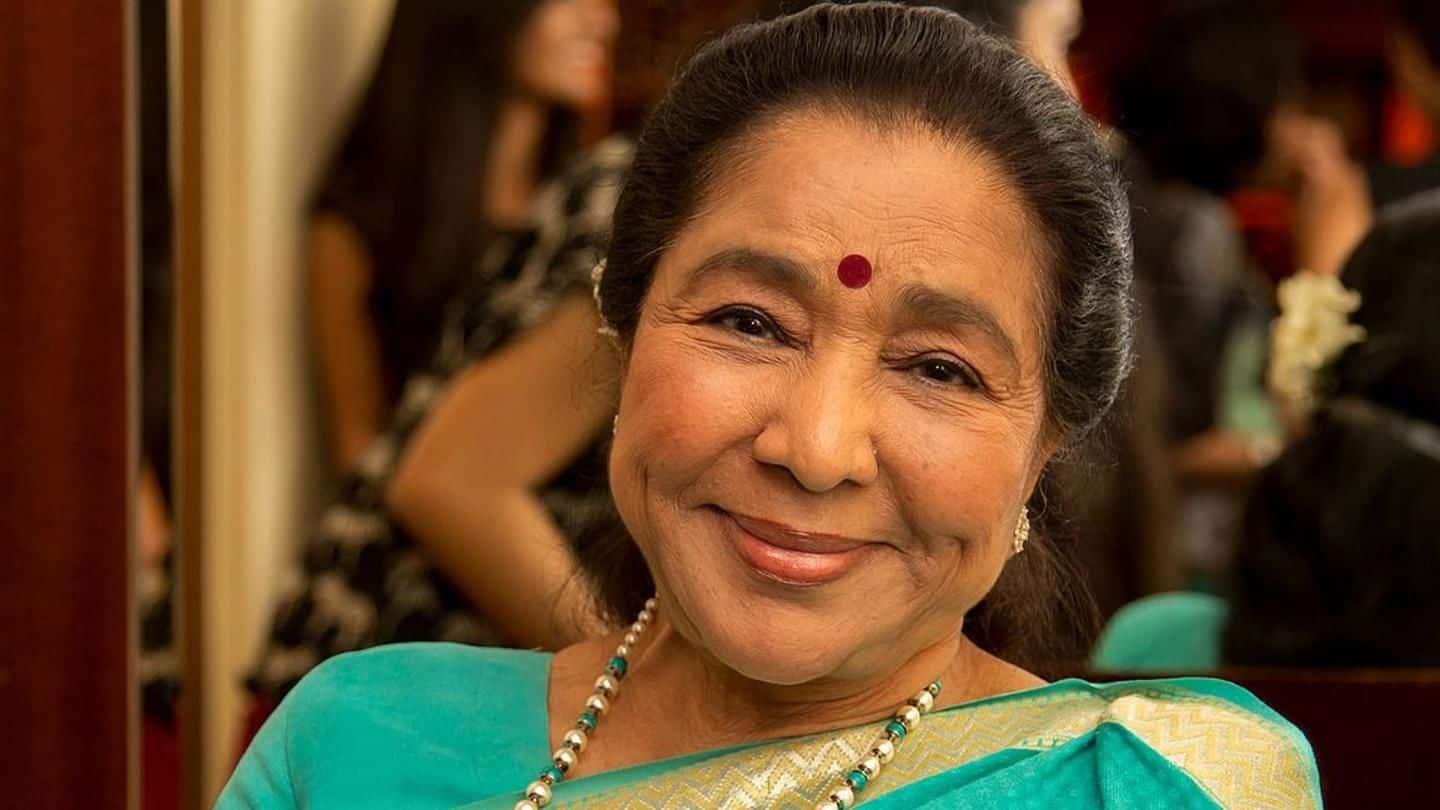
Asha Bhosle sings Marathi song in Kolkata; appreciates Bengali's music-sense
What's the story
Singing legend Asha Bhosle has said that she appreciates the music sense of the Bengalis as they never put pressure on her for singing popular Hindi movie songs and leave it to her choice in any public event. Bhosle said this at a function in Kolkata yesterday, where she sang a Marathi classical number composed by her father Deenanath Mangeshkar. Here are more details.
Bhosle's father
Bhosle's father used to compose lyrics
"This Marathi song has a classical base. My father used to compose lyrics and put them to music in a different manner," Bhonsle said about her father who died when she was young. Bhosle, who besides Hindi, sung in over 20 Indian and foreign languages, said at the age of 84 she could recall the experience of the past 75 years.
Music learning
Was taught by my father, says Asha Bhosle
"I had rendered thousands of film songs ever since, but what I was taught by my father and what I have been singing in films are totally different," said Asha, the Padma Vibhushan recipient. Bhosle made her Hindi film debut in the song "Saawan Aaya" for "Chunariya" (1948) and had her first solo Hindi film song for the movie "Raat Ki Raani" (1949).
Bengali songs
Bhosle sang many Bengali songs, too
"I had also sung many Bengali songs and Rabindra Sangeet and will always cherish that experience. Unfortunately, I have forgotten Bengali," said the first Indian singer nominated for the Grammy Award for "Legacy", an album with Ustad Ali Akbar Khan. The singer rendered her first Bengali song in 1958 and recorded her very first Durga Puja songs the next year.
Bengali culture
Got to know about Kolkata by reading novels: Bhosle
Bhosle said, "I first got to know about Kolkata by reading novels of Sharat Chandra Chattopadhyay when I was a child. I came to know that Bengalis love fish and unlike other communities consume milk products after lunch." "I got curious about their culture and came to know about it personally when I visited Kolkata in 1952," the Dadasaheb Phalke Award recipient said.